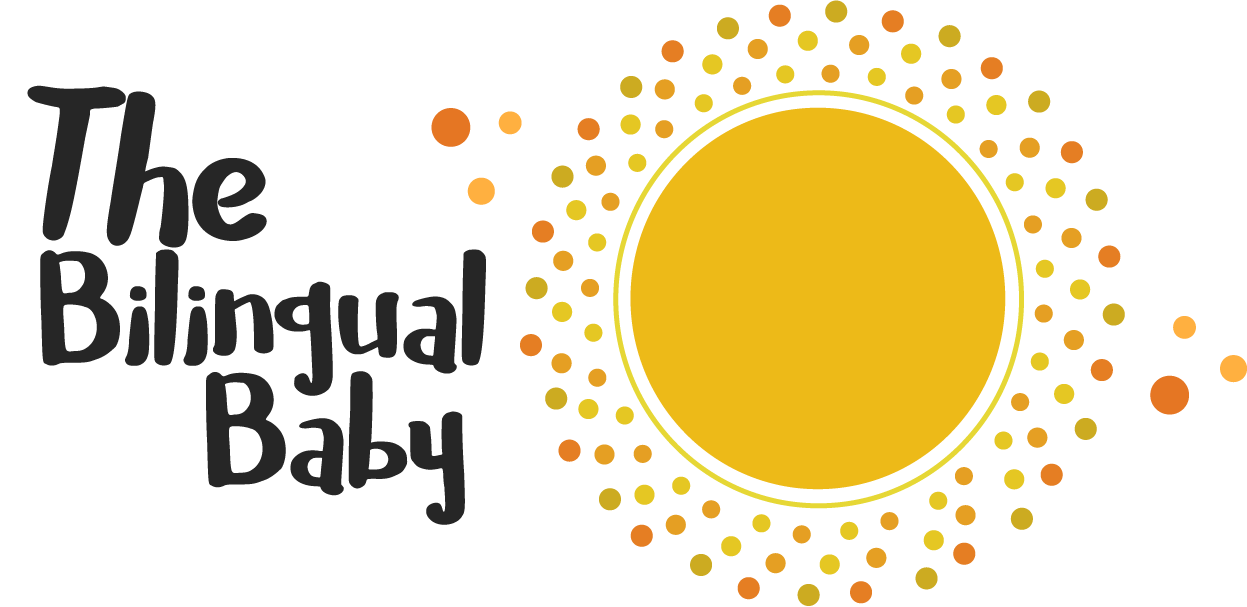There are many myths about bilingualism which mostly center around the topic of confusion.
Here are some common questions:
Will learning two languages confuse my child?
Will my child have speech or language delays if he/she learns a second language?
Will bilingualism interfere with learning?
There are many more related questions, but I think these are the most predominate questions.
In the past, bilingualism has somewhat resembled weakness or has been seen as a disability (think ESL (English as a Second Language) and EFL (English as a Foreign Language) classes). I remember being in elementary school thinking speaking another language other than English at school was shameful and ESL/EFL classes were in the same category. It was not until I was in college where I learned and appreciated bilingualism.
There are many schools that enforce using only English or another predominate language used by the majority. These beliefs most likely center around the same questions listed above. Although these questions are completely valid to ask, they have been researched and the answers are not what you typically may have believed. I won’t write you a research paper on this blog, but I’ll just highlight some benefits. 🙂
Bilingualism…
enhances memory
enhances attention control
enhances memory retrieval
enhances problem-solving
enhances multi-tasking
– Dalia
